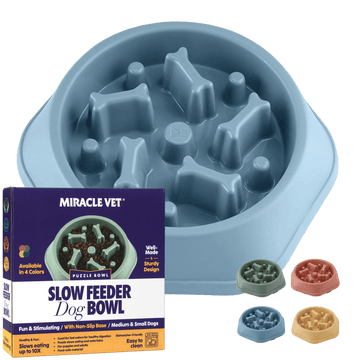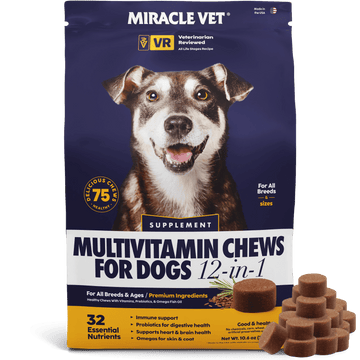Your dog is for life and as your dog gets older you may need to think about different ways of caring for your older dog.
How Long Do Dogs live?
Different breeds of dogs will have different life expectancies on average. For example the average lifespan of a Dogue de Bordeux us 5.5 years, but a Miniature poodle has the average age of 14.2 years. This doesn’t mean you are guaranteed time with a certain breed or that another dog may not live longer than average but understanding the differences can help you plan.
There are some studies that show crossbred dogs may live a little longer than pure breds, this is put down to hybrid vigour where there may be health advantages to mixing the breeds.
Unfortunately you cannot guarantee a long life from any animal, the main causes of death in younger animals (under 3 years) are behavioural issues (14.7%), gastro intestinal (14.5%) and car accidents (12.7%). Older dogs are at risk of Cancer (18.2%), Arthritis (12.4%) and Neurological conditions (11.6%).
Most dogs will be part of your family for at least 10 - 15 years and with a healthy diet and exercise routine you can do everything to lengthen this and keep their risks minimum.
What Happens as My Dog Ages?
Not unlike humans, your dog will start to slow down, they will have less energy and enjoy sleep more. Your bouncy energetic puppy will be much calmer and although the companionship is different you will have a deep bond with your dog.
Because older dogs have less energy they will naturally move less and therefore burn less calories, their metabolism may also slow down so you need to make sure they are not eating too much as they will be at risk of becoming overweight or obese.
An overweight older dog is also at risk of getting kidney or liver disease and diabetes can become very common in older dogs.
If you own a few dogs of different breeds you may notice a difference in how they age. Medium sized dogs like Golden retrievers are considered senior at the age of 8- 10 years, whereas giant breeds may be considered old at only 6 years old. In contrast smaller breeds tend to age slower and are not considered old until they are over 10 years old.
How to Take Care of a Senior Dog
Cater for an Older Dogs Diet
Nutrition is a key part of a healthy lifestyle and as your dog gets older you may want to re-evaluate their diet. An older dog is more likely to put on weight which can cause a strain on organs and bring on health problems.
If your dog is putting on weight and you fear they are overweight then Miracle Vet Weight Loss Liquid can help lower their daily calorie intake without compromising on nutrition which may affect their immunity and overall health.
Your regular checkups with your vet will also help your dog's medical team keep an eye on weight gain and overall health, they will be able to recommend changes to diet as your dog gets older.
Keep Your Senior Dog Active
Your Dog will want to slow down as they get older but it is important to keep them active so they can keep their muscle mass intact.
Whilst your dog will naturally slow down a bit, they shouldn’t slow down a lot. If they suddenly lose interest for walks or running then this may indicate pain such as arthritis or injury and should be immediately checked out.
Lots of short walks and exercise will help manage their weight and prevent other health problems.
Keep Your Older Dog Entertained
Stimulating your Dogs Mind is as important as keeping them active, there are plenty of dog puzzle feeders and toys you can use to keep your older dog entertained.
Older Dog Health
As your dog gets older they may become more susceptible to illness, keep their immunity strong with Immunity Supplements.
Keep an eye on changes to your dogs behaviour and be on the lookout for changes in their eyesight, hearing and any digestive issues. You should have a good plan with your vet but as your dog gets older you may need to do regular bloods to identify any conditions early that will need to be treated.
With a little care and love your dog can live a happy and healthy life, at Miracle Vet we want to make sure your Dog gets all the support and nutrition they need.









